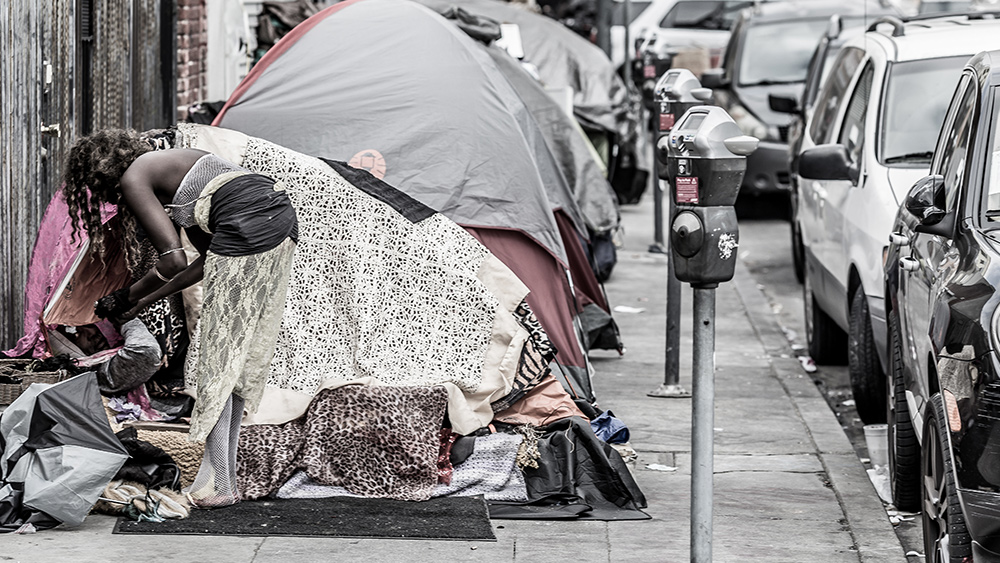
Germany is now teetering close to a recession, as reflected by a survey measuring business confidence in the country.
The Ifo Institute for Economic Research's Business Climate Index (BCI), which measures business sentiment in Germany, fell to 88.6 in July from 92.2 the previous month. The Munich-based think tank's index, which polls 9,000 managers across German businesses, fell to its lowest level since June 2020.
Ifo Institute President Clemens Fuest remarked that the threat of a gas shortage and high energy prices were weighing on the German economy, the largest in Europe.
"Companies are expecting business to become much more difficult in the coming months. They were also less satisfied with their current situation," Fuest said in a July 25 statement. "Germany is on the cusp of a recession."
Commerzbank economic analyst Jorge Kraemer concurred with Fuest's comments. "The Ifo BCI, like the purchasing managers' index, now clearly points to a downturn in the German economy," Kraemer said. He added that the impact of the recession lies mainly in the hands of Russian President Vladimir Putin.
The July 25 release of the BCI's results came as the Russian state-owned energy company Gazprom announced it would reduce natural gas flows to Europe by 20 percent effective July 27. Moscow restarted the Nord Stream 1 pipeline on July 21 after finishing a 10-day scheduled maintenance, but kept gas flows to 40 percent of their capacity.
Germany relies on Russia for 40 percent of its natural gas, which is used to provide cooking fuel for homes and firing power plants. Most of the fuel to Europe is delivered via the Nord Stream 1 pipeline, but reduced gas supply has sent most of the continent into a mad scramble for fuel this winter.
According to Gazprom, an "equipment issue" was to blame for the reduction in natural gas flows. However, the German Ministry for Economic Affairs and Climate Action retorted that there was "no technical reason" for the diminished flows.
Predictions of energy-related recession coming true
The latest result from the Ifo Institute's BCI appeared to line up with an earlier prediction by German Vice Chancellor Robert Habeck, who warned that the country could experience a financial collapse similar to the one in 2008 if the problem is not addressed.
"Companies would have to stop production [and] lay off their workers. Supply chains would collapse. People would go into debt to pay their heating bills, [and those] people would become poorer," he said.
Habeck, who also serves as Germany's economy and climate minister, added there could be "a kind of Lehman Brothers effect in the energy market – and then a domino effect that would lead to a severe recession." (Related: Germany's economic minister warns of catastrophic economic collapse stemming from energy shortage.)
Other executives issued similar warnings about Germany sinking into a recession due to diminished natural gas flows from the Nord Stream 1 pipeline.
BNP Paribas Germany CEO Lutz Diederichs predicted that Europe's largest economy will fall into a recession, adding that lenders will be required to bolster corporate loans with more capital. Meanwhile, Deutsche Bank CEO Christian Sewing warned that a complete loss of access to natural gas from the Nord Stream 1 pipeline would force "a deep recession" that would hit the German economy hard.
Klaus Müller, the president of the German Federal Network Agency that regulates electricity and gas usage, warned on July 21 that Germany could only live off its gas reserves for less than three months.
"If the storage facilities in Germany were mathematically 100 percent full, we could do without Russian gas completely for just about two-and-a-half months, and then the storage tanks will be empty," he said.
Watch this G News report about the resumption of gas flows from the Nord Stream 1 pipeline, albeit in a reduced capacity.
This video is from the Chinese taking down EVIL CCP channel on Brighteon.com.
More related stories:
Gas flows from Russia to Germany halted INDEFINITELY following Gazprom force majeure declaration.
BLACKMAIL: Canada may be withholding Nord Stream gas turbine until Germany signs LNG contract.
German banks prepare for companies to default on loans due to energy crunch.
Gas shortages in Germany could force government to shut down schools.
EU energy firms racking up more DEBT to offset exorbitant energy costs.
Sources include:
Please contact us for more information.





















